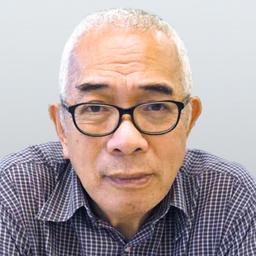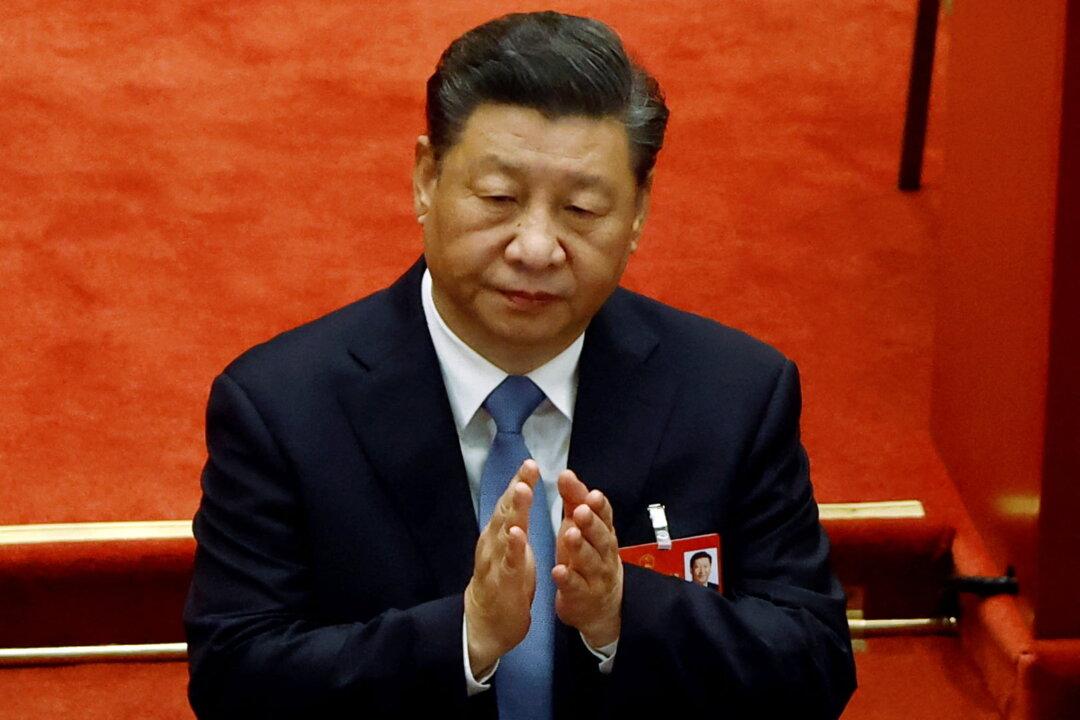Commentary
The Chinese Communist Party (CCP) recently approved a “historical resolution” that firmly established the unchallenged position of its leader, Xi Jinping. The lengthy resolution, the third in the Party’s 100-year history, paves the ideological ground for Xi to seek a third and, perhaps, life term. It also laid out Xi’s view for the future in his so-called 10 principles that must be strictly followed.





